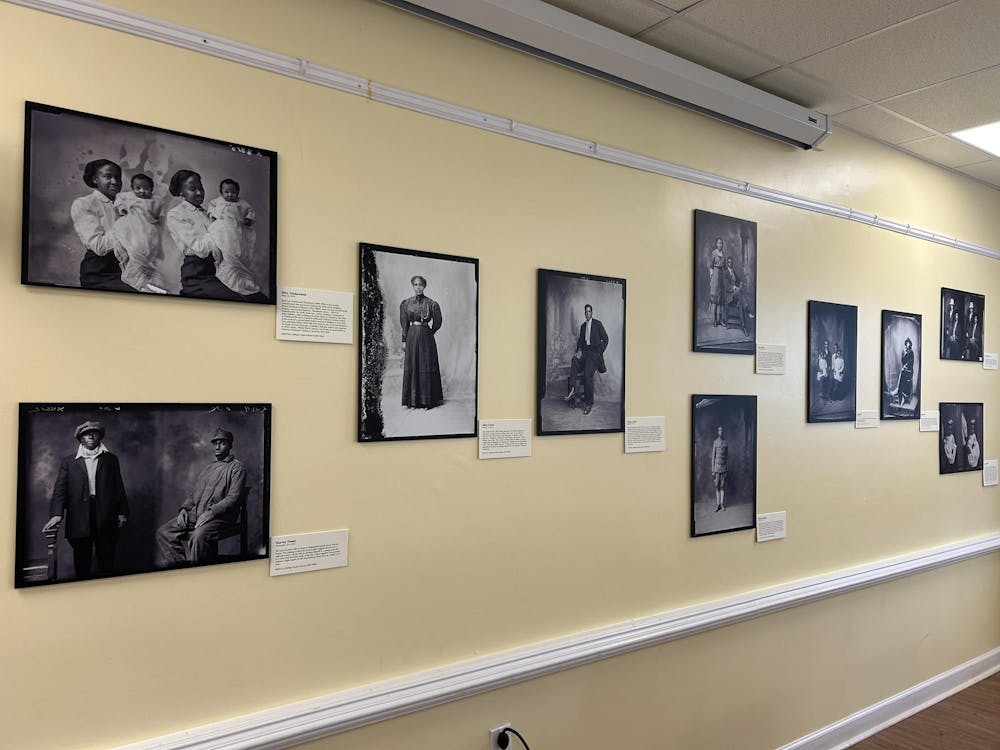I should’ve known seeing a movie at the end of January titled “Labor Day”was asking for trouble — and yet, I still subjected myself to the film’s utter nonsense. Admittedly, I left the movie thinking I actually enjoyed it. Now, I think I was just in denial, desperately wanting to believe no movie directed by “Juno” director Jason Reitman starring Josh Brolin and Kate Winslet could be so terrible.
In the film, Frank (Brolin) is an escaped convict on the run who convinces a reluctant single mother, Adele (Winslet), and her son Henry (Gattlin Griffith) to take him in for a few days. Adele and Frank quickly fall in love — because that makes sense — to the narration of an older Henry, voiced by Tobey Maguire.
The entire premise of the movie itself is a little far-fetched. How could a man serving 20 years for murder escape so easily by jumping out of a two-story window? Why would anyone agree to leave a public place with the aforementioned criminal and take him into their home? Why do fools fall in love?
And on a more concrete note: why would Kate Winslet and Josh Brolin agree to participate in this inevitably-doomed plot? How much money does James Van Der Beek get for his two-scene cameo appearance? The answers to all of these questions and more are ultimately — and unfortunately — left up to audience’s interpretation.
I could overlook the fact that this series of events happened in the span of a few days. I could even accept the characters falling in love, despite the implied case of Stockholm Syndrome. What I cannot deal with is the bizarre backstories which merely fill the spaces between the glimmers of Nicholas Sparks-like romance scenes. The movie is steeped with flashbacks detailing what actually happened to Frank, but the resolution is anticlimactic and poorly delivered.
I was also surprised to see hints of oedipal complexities running rampant through the film. Reitman flirted with the fine line between the bond between mother and son and Norman and Norma Bates. This awkward mother-son relationship is paired with Henry’s transition into puberty and the sexual tension he feels with the opposite gender, making the storyline awkward and the narration even stranger.
Still, the movie didn’t explicitly say what was happening and, as a result, felt underdeveloped. Not enough time was committed to Henry’s budding relationship with the new girl in town. It was a terrible afterthought, and Griffith had about as much visible emotion as Kristen Stewart.
Lastly, I’m shocked by the lack of feminist uproar I feel certain should have sprung from this film. Adele is portrayed as a weak and incompetent woman. She thinks her husband was right to leave her, and it doesn’t seem she truly reaches a state of fulfillment until Frank, a criminal, enters her life — and for that, the film’s leading lady came across as nothing short of pathetic.
“Labor Day” comes together as a romantic thriller without the thrill, and involves a questionable definition of “romance” at best. Where “Labor Day” typically signals the unfortunate start of the school year, I am now forced to attribute it to one of the most dismal attempts at a love story I’ve seen in a while.






